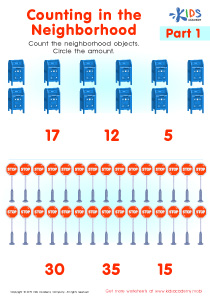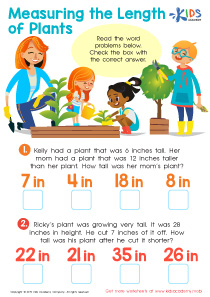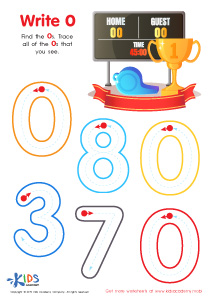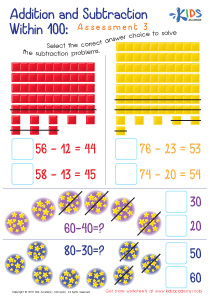Problem-Solving Skills Easy Numbers 0–10 Worksheets for Ages 3-8
3 filtered results
-
From - To
Unlock your young learner's potential with our "Problem-Solving Skills Easy Numbers 0–10 Worksheets for Ages 3-8" from Kids Academy! Designed to boost early math proficiency, these engaging worksheets introduce basic numbers within a fun, age-appropriate context. Children will develop essential problem-solving skills as they navigate through relatable exercises, encouraging critical thinking and logical reasoning. Perfect for preschool to early elementary students, these worksheets foster a solid mathematical foundation while making learning enjoyable and interactive. Meet your child’s educational needs with our expertly crafted, easy-to-use worksheets, and watch their confidence soar. Start building a brighter academic future today with Kids Academy!
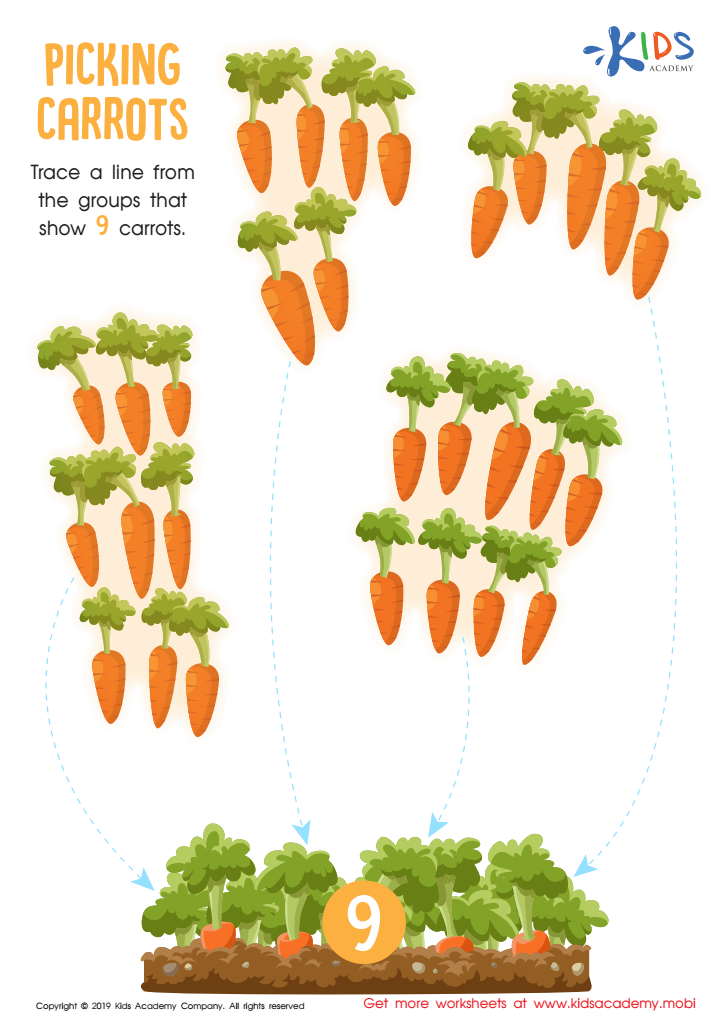

Picking Carrots Worksheet
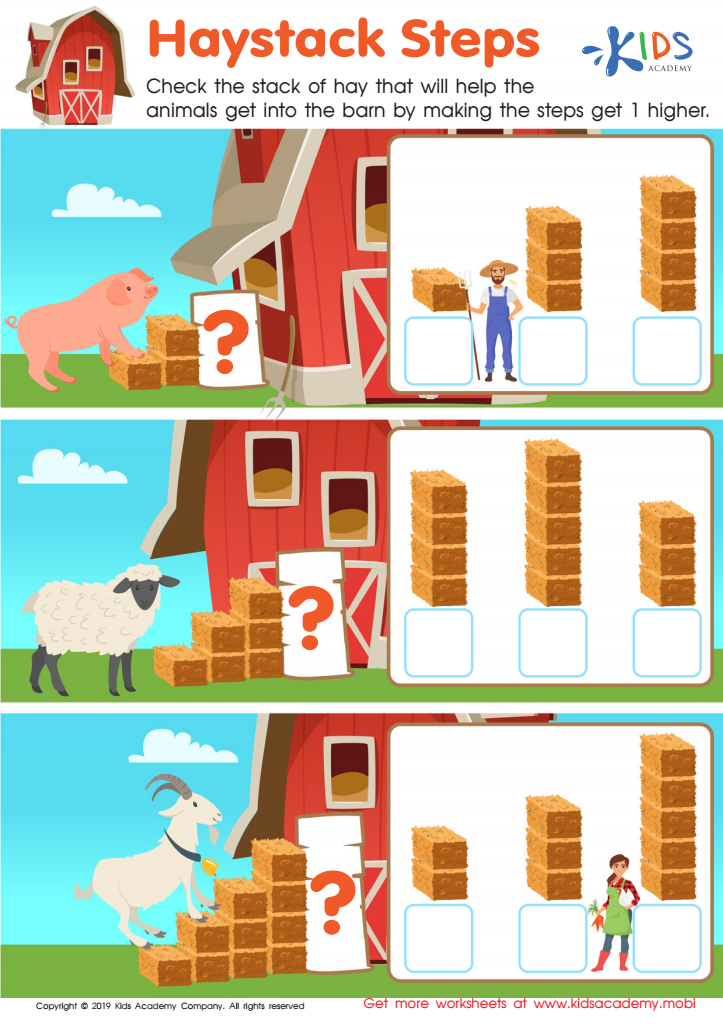

Haystack Steps Worksheet
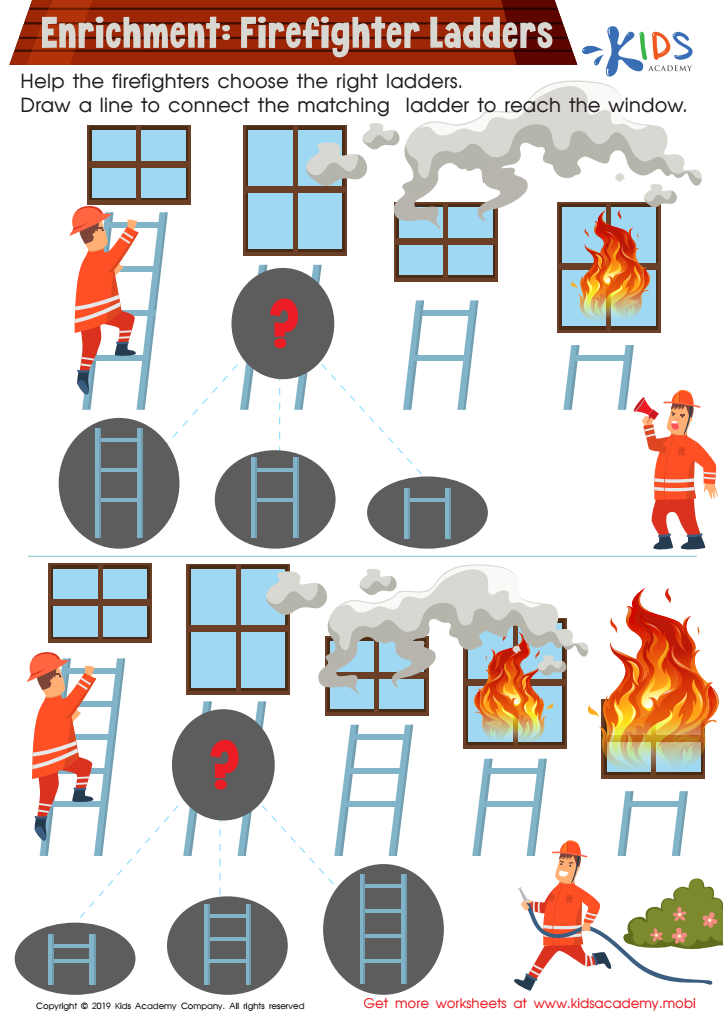

Enrichment: Firefighter Ladders Worksheet
Fostering problem-solving skills using easy numbers (0-10) for children aged 3-8 is critical for their cognitive and academic development. Early mathematical problems enhance a child’s critical thinking by teaching them how to approach and resolve simple challenges. This foundational skill goes beyond math, laying the groundwork for future complex problem-solving abilities applicable in all areas of life.
At this age, children's brains are highly plastic, making it a prime time to introduce numeracy. Learning to manipulate numbers through problem-solving can increase their confidence in handling more advanced math later on. Additionally, these exercises improve their focus and persistence—a child learns that some problems require multiple attempts and various strategies, cultivating resilience.
Moreover, early engagement with numbers supports the development of logical reasoning and spatial awareness. For instance, when children count and arrange objects, they begin to make sense of quantities and relationships between things. Practical problem-solving exercises can also introduce basic concepts of addition, subtraction, sharing, and fairness.
For parents and teachers, integrating problem-solving with easy numbers into daily activities can make learning fun and relatable. Using familiar and relatable contexts, children can better grasp abstract concepts, thus strengthening their educational foundation and preparing them for future academic success.
 Assign to My Students
Assign to My Students









